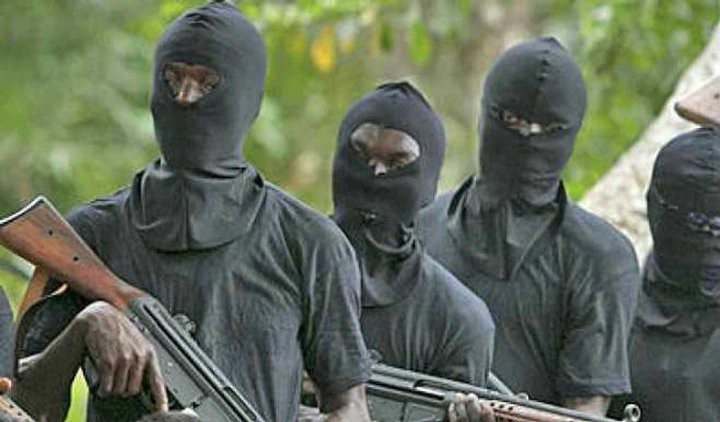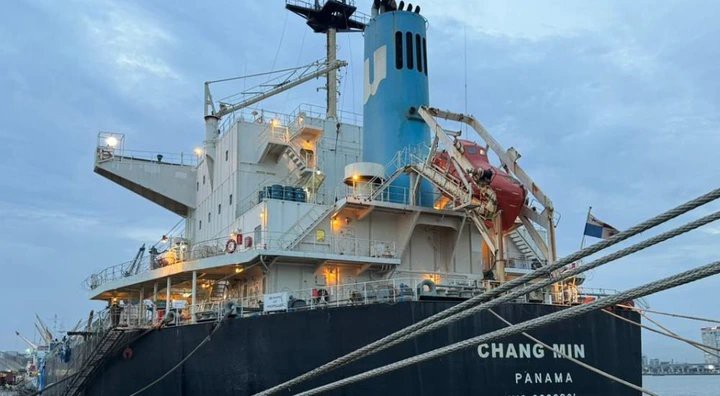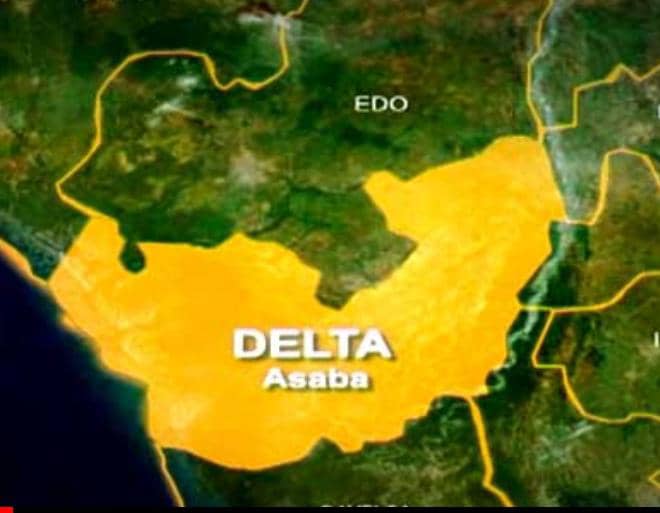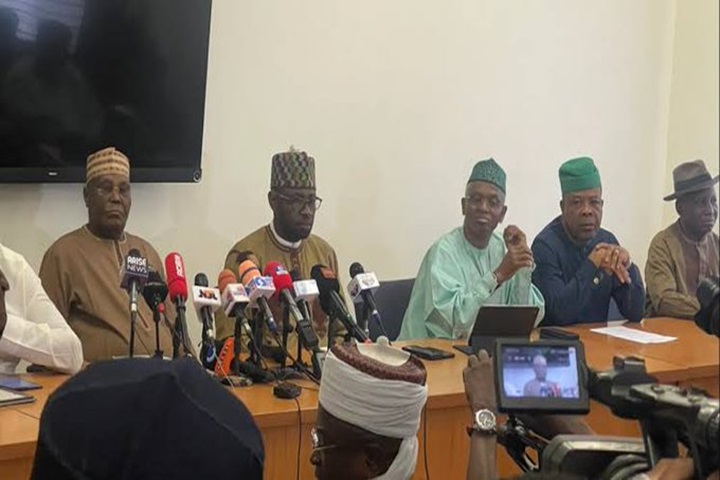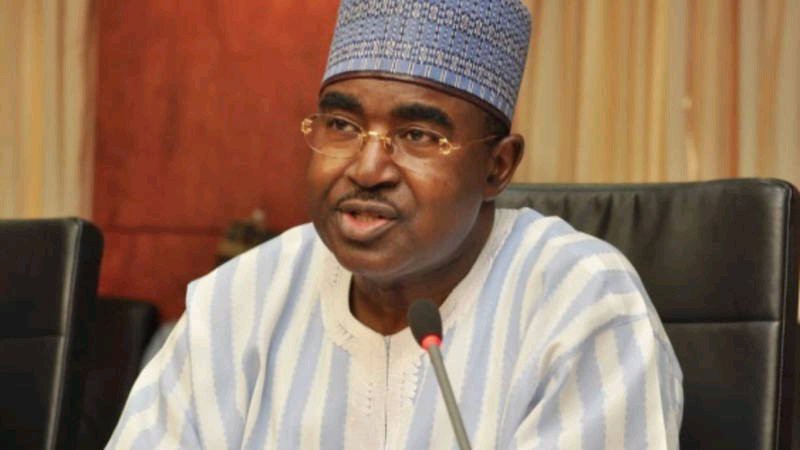Africa
Why Zambia’s Former President Was Denied a State Burial
The Presidential Feud That Even Death Couldn't End
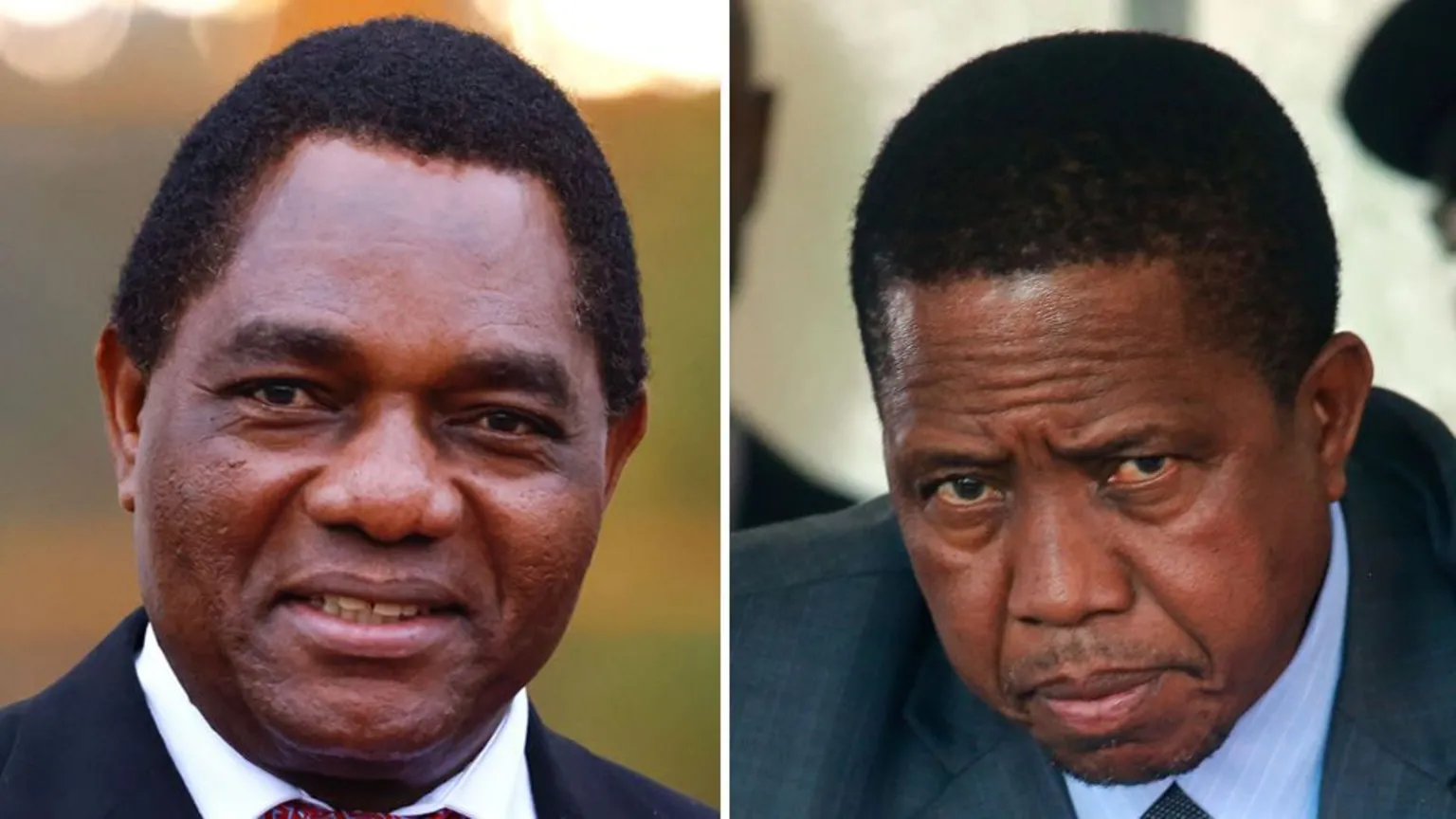
In Zambia’s young democracy, leadership transitions are typically peaceful and dignified. But the political rift between President Hakainde Hichilema and his late predecessor Edgar Lungu has proven to be anything but conventional—even in death.
When Edgar Lungu passed away on June 5, 2025, in South Africa, following reported health complications, many expected that partisan lines would temporarily dissolve in the spirit of national mourning.
President Hichilema quickly declared a 16-day period of reflection and offered a full state burial to honor the late leader’s service.
Instead, what followed was a stunning rejection.
Lungu’s family refused the state funeral offer, choosing to bury him privately in South Africa.
Their decision was based, they said, on mistrust of the very government that had spent years prosecuting Lungu’s inner circle for alleged corruption.
The symbolism was profound: for the first time since Zambia’s independence, a former president was not laid to rest on home soil under the national flag.
To understand how such a rupture came to be, one must revisit the tangled relationship between these two leaders—a rivalry born not just of political differences but also of personal grievance.
In 2016, Hichilema narrowly lost to Lungu in a tightly contested presidential election. He and his party, the United Party for National Development (UPND), disputed the results, accusing the ruling Patriotic Front (PF) of manipulation.
But tensions escalated dramatically in 2017 when Hichilema was arrested and charged with treason following a minor road incident involving Lungu’s motorcade.
The charge was widely seen as excessive. Hichilema spent over three months in prison, much of it in isolation.
That experience galvanized both his political base and international sympathizers—and arguably set the stage for his landslide victory over Lungu in 2021.
While the transfer of power was peaceful, the animosity never faded.
Hichilema’s government launched extensive anti-corruption investigations into officials from the Lungu era, describing them as long-overdue measures to restore public trust.
However, the PF and Lungu’s supporters have consistently alleged political persecution.
Lungu, once seen as a stabilizer following President Michael Sata’s death, left behind a legacy marked by economic challenges, particularly rising national debt and strained international relations.
However, many Zambians also remember his investments in infrastructure and social welfare. Supporters credit him with expanding access to roads, energy, and public services.
Hichilema, a successful businessman before entering politics, positioned himself as a reformer committed to fiscal discipline, institutional accountability, and attracting foreign investment.
Yet his presidency has not been without criticism, with some accusing his administration of targeting opposition figures while protecting allies.
The disagreement over Lungu’s funeral arrangements has, for many, laid bare the difficulty Zambia faces in reconciling its recent political past.
The refusal of a state burial was not merely a family decision—it was a political statement, and one that underscored the fragility of national unity.
“In our culture, we honor the dead regardless of our differences,” said Reverend Peter Mwansa, a theologian based in Ndola.
“But this episode reminds us that bitterness, if left unresolved, can overshadow even our deepest traditions.”
Zambia has come a long way since the one-party rule of the 1990s.
Yet this lingering feud reminds citizens in their 40s, 50s and beyond—many of whom have witnessed every phase of Zambia’s democracy—that political maturity is not just measured by elections, but also by how leaders treat each other in moments of reflection and transition.
The challenge for President Hichilema now is not only to deliver on his economic and governance reforms but also to ensure that national healing becomes more than a talking point.
Edgar Lungu may be gone, but the rivalry—and the lessons it teaches—remain alive.
For Zambia to move forward, it must find a way to bury not just its leaders, but the grudges that divide them.
For Diaspora Digital Media Updates click on Whatsapp, or Telegram. For eyewitness accounts/ reports/ articles, write to: citizenreports@diasporadigitalmedia.com. Follow us on X (Fomerly Twitter) or Facebook






